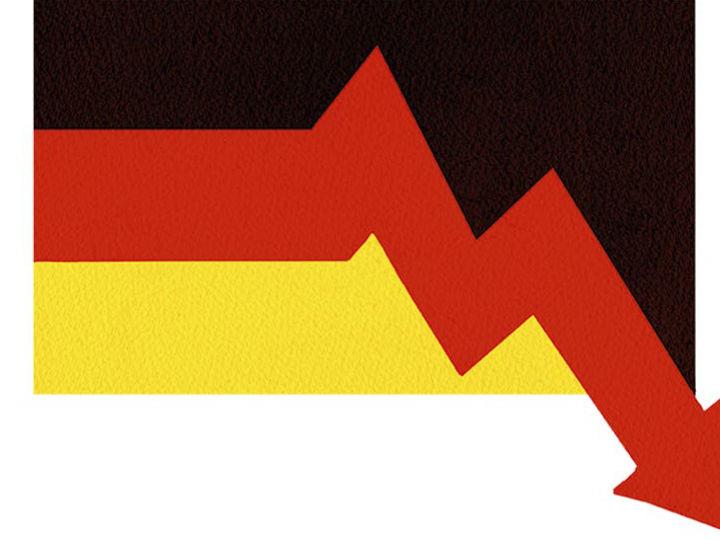by Mariam Zaidi
Europe’s rules for improving gender balance in the hierarchy of listed companies are paying dividends. Today 35 per cent of senior management positions are held by women. But across heavy industries such as construction, manufacturing and STEM, the picture is very different - representation falls to 12%.
Europe closed its gender equality gap by 76.3 per cent in 2023, surpassing North and Latin America, but experts say gender parity is still 67 years away. Official figures show the gender pay gap in the EU stands at 12.7 %, and the gender employment gap at 10.7%.
Perhaps a more worrying trend for the future is that only three percent of young women say they want to choose a career in tech – a sector dominated by male counterparts. At a Euractiv event, empowering female leadership in industry took centre stage.
Cultivating the right environment
Maria Linkova-Nijs, Executive Head of Policy and Strategy, ACEA told the audience there’s a real business case for empowering women. She remarked that “Diverse teams deal better with today’s challenges because they have divergent thinking,” adding that “a diverse workforce also attracts a bigger pool of candidates.”
“Women need to see someone that looks like them represented in a job,” she said, “and the manufacturing industry really needs them right now, because it’s facing a skills and retention shortage.”
Changing mindsets
Radical change and shifting mindsets were also key for Dana Puia, Policy Expert on Women’s Entrepreneurship and Girls in STEM and Internal Coach, SMEs at DG GROW, European Commission.
Puia explained: “At the EC we created an initiative to empower girls and women to help them step into their power and see that something different can be meaningful. But wholesale change at a European level needs government ministries and school curricula to change. We don’t have the educational structures in place to mentor and embolden girls.”
Claire Boussagol, Managing Director at event host Euractiv, echoed the need for fundamental change saying that “big companies, trade unions and associations need to partner with schools and universities. We need to have a strategy for profound change and condition a better environment for girls at school.”
The work environment is key when women choose to enter the workplace. Work/life balance and personal safety are factors that can influence where they end up.
For Isabelle Schomann, Deputy General Secretary, European Trade Union Confederation, the cost of creating inclusive environments for women is no longer an excuse.
She explained: “Women shouldn’t still be demanding fair pay and pensions. We should also work to create the right atmosphere, so women don’t face harassment or violence at work. Protection would be a sign of acceptance of women in the labour market.”
The power of language
When a woman works her way into a leadership role, the question remains as to whether a man respects her authority. Many women question how to speak and assert their authority for fear of being labelled “aggressive” or “difficult” something that came up in conversation with audience members at the event.
Boussagol encouraged women in the audience to be brave. She said they had to learn to speak up for themselves because if they couldn’t, who would? She highlighted the process that led to her joining Euractiv, explaining how she called out Euractiv’s parent company MediaHuis for its lack of gender diversity.
“Of course I wanted the job, but it was important to me to make the point that most mattered. I did my pre-interview research and at the time MediaHuis didn’t have a single female business lead. How could this be the case in 2023? We have to speak up. It can lead to change,” said Boussagol.
Quotas at play
Quotas can also play a fundamental role to impose better gender balance in the workplace. And EU rules today seek to ensure that by 2026 all listed companies have a 40% makeup of female non-executive directors.
For Isabelle Schomann, Deputy General Secretary, European Trade Union Confederation (ETUC), they can incentivise businesses: “We need to drive change in society,” she said, “a quota may be why you get in the room but it’s not why you stay there. And hopefully, we won’t need them in ten years because women will be part of the DNA of industry.”
New EC, new approach?
Even when women are in power, the path to equality is not straight. EU Commission President Ursula Von der Leyen has been criticised for downgrading the role of equality commissioner to a broader commissioner for preparedness, crisis management and equality.
Hadja Lahbib the new commissioner, has been tasked with developing a Roadmap for Women’s Rights for International Women’s Day 2025, which will form the basis for a new Gender Equality Strategy.
The predominately female audience spoke of the importance of allyship and changing the male mindset, and the question was posed: “Are men motivated to make the change to help women?”
Isotta Cerri, Head of Material Engineering, R&D Department, Toyota Motor Europe, remarked that men should be allies, but added that “Sometimes when we look at the lack of progress and at the men in leadership roles, [and] you have to wonder if they want to give up their privilege and create an opportunity for women.”
For Schomann the choice for women was clear, “Women have to change their role in society,” she said.
*first published in: Euractiv.com




 By: N. Peter Kramer
By: N. Peter Kramer

